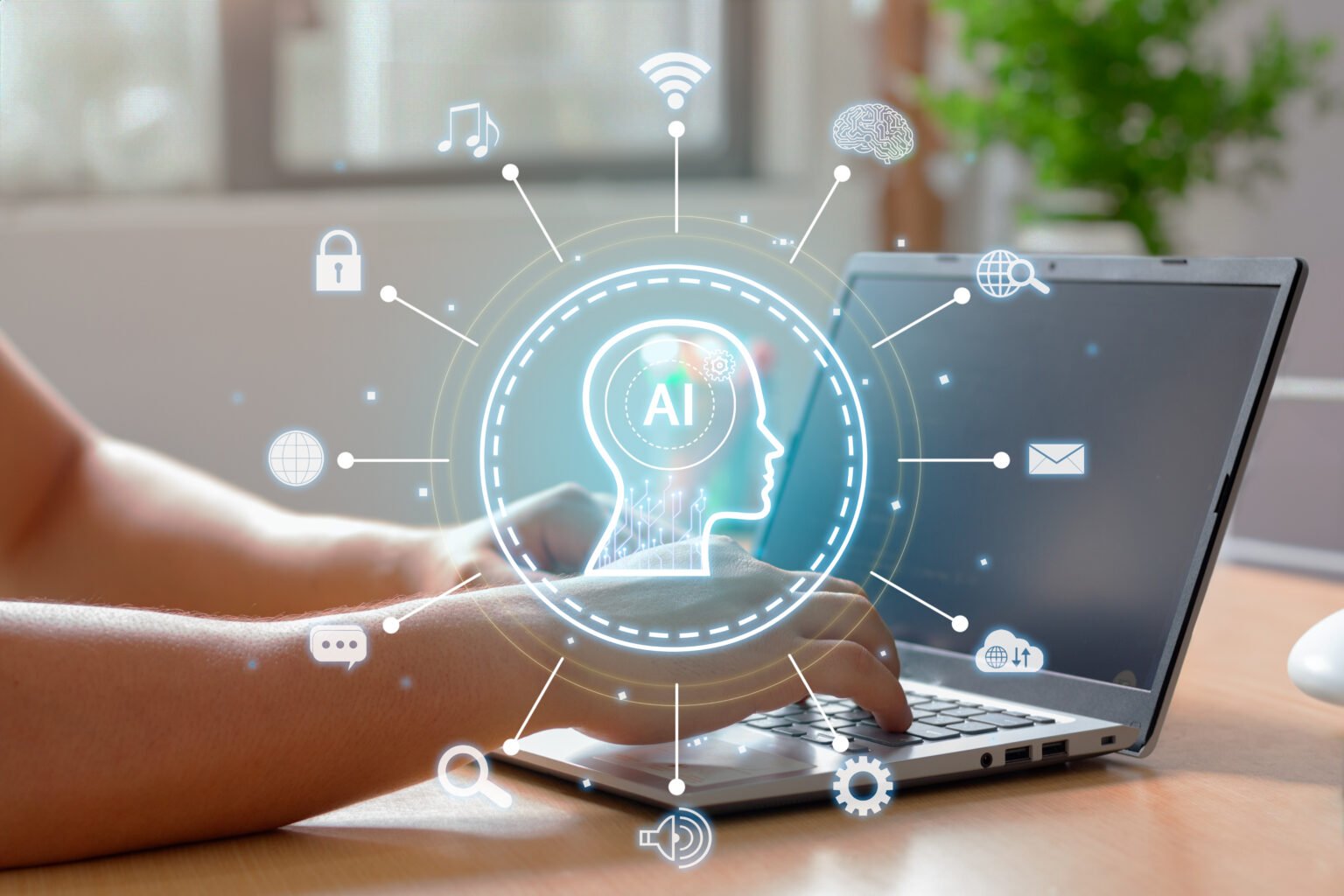In recent years, artificial intelligence (AI) has emerged as a transformative force in technology and society. From automating routine tasks to making complex decisions, AI is revolutionizing industries and redefining the way we live and work. As AI continues to evolve, its applications are becoming more diverse, offering new opportunities and challenges. This article explores the impact of artificial intelligence on various sectors, how it is changing our daily lives, and what the future holds for this groundbreaking technology.
The Rise of Artificial Intelligence in Technology
Artificial intelligence has become a cornerstone of technological innovation. What was once a concept confined to science fiction is now a reality, with AI systems being integrated into everything from smartphones to healthcare. AI’s ability to process vast amounts of data, learn from it, and make informed decisions has made it indispensable in today’s digital world.
AI in Everyday Devices
AI is embedded in many devices we use daily, enhancing their functionality and improving user experience. Smartphones, for example, leverage AI for voice assistants like Siri and Google Assistant, which can perform tasks, answer questions, and provide recommendations. AI also powers features like facial recognition and predictive text, making our interactions with technology more seamless and intuitive.
AI and Big Data
The relationship between AI and big data is symbiotic. AI thrives on data, using it to learn, adapt, and improve its performance. In turn, AI enables more effective data analysis, uncovering patterns and insights that would be impossible for humans to detect. This dynamic is particularly evident in industries like finance, healthcare, and retail, where AI-driven data analysis is used to predict trends, optimize operations, and personalize customer experiences.
Applications of Artificial Intelligence Across Industries
The applications of artificial intelligence are vast, spanning across multiple industries. Here are some key sectors where AI is making a significant impact:
1. AI in Healthcare
Healthcare is one of the most promising fields for AI applications. From diagnostics to treatment, AI is enhancing medical capabilities. AI-powered systems can analyze medical images, predict patient outcomes, and even assist in surgeries. For instance, IBM Watson Health uses AI to process large datasets, providing healthcare professionals with evidence-based insights that improve patient care.
2. AI in Finance
In the finance sector, AI is used to automate trading, detect fraud, and manage risk. AI algorithms can analyze market trends and execute trades at speeds and accuracies far beyond human capabilities. Additionally, AI helps financial institutions detect fraudulent activities by analyzing transaction patterns and flagging anomalies in real-time.
3. AI in Retail
Retailers are using AI to enhance customer experiences and optimize their operations. AI-driven recommendation systems, like those used by Amazon, analyze customer behavior and suggest products that match their preferences. AI is also used for inventory management, predicting stock levels, and ensuring that products are available when and where customers need them.
The Ethical Implications of Artificial Intelligence
While the benefits of artificial intelligence are clear, its rapid adoption also raises ethical concerns. Issues such as data privacy, job displacement, and AI bias are at the forefront of discussions about AI’s role in society.
Data Privacy Concerns
AI systems often require large amounts of data to function effectively, raising concerns about how this data is collected, stored, and used. There is a growing need for robust data protection regulations to ensure that AI does not infringe on individuals’ privacy rights.
Job Displacement
AI’s ability to automate tasks traditionally performed by humans is both an opportunity and a challenge. While AI can increase efficiency and reduce costs, it also has the potential to displace workers in various industries. As AI continues to evolve, there is a pressing need to address the impact on the workforce and explore solutions such as reskilling and upskilling programs.
Addressing AI Bias
AI systems are only as good as the data they are trained on. If this data is biased, the AI’s decisions and predictions can be biased as well. This can lead to unfair outcomes, particularly in areas like hiring, law enforcement, and lending. It is crucial to develop AI systems that are transparent, accountable, and fair, ensuring that they benefit all segments of society.
The Future of Artificial Intelligence
The future of artificial intelligence is both exciting and uncertain. AI is expected to continue advancing, with potential applications that could change the world as we know it. However, realizing this potential will require careful consideration of the ethical, social, and economic implications of AI.
AI in Autonomous Systems
One of the most anticipated advancements in AI is the development of autonomous systems, such as self-driving cars. These systems have the potential to transform transportation, reducing accidents and improving traffic management. However, the widespread adoption of autonomous vehicles will depend on the ability to ensure their safety and reliability.
AI in Personalization
As AI continues to improve, personalization will become even more sophisticated. AI will be able to tailor experiences to individual users in real-time, from customized healthcare treatments to personalized shopping experiences. This level of personalization will redefine consumer expectations and create new business opportunities.
Conclusion
Artificial intelligence is undoubtedly one of the most transformative technologies of our time. Its impact on industries, daily life, and the future of technology is profound. However, as AI continues to evolve, it is essential to navigate its challenges carefully, ensuring that its benefits are realized while mitigating potential risks. By embracing AI responsibly, we can harness its power to create a better, more efficient, and equitable world.
Read more about: Tech
FAQs
What is artificial intelligence?
Artificial intelligence (AI) refers to the simulation of human intelligence in machines that are programmed to think and learn like humans.
How is AI used in everyday life?
AI is used in various everyday applications, including voice assistants, facial recognition, and personalized recommendations.
What are the ethical concerns surrounding AI?
Ethical concerns related to AI include data privacy, job displacement, and potential biases in AI decision-making.
Can AI be biased?
Yes, AI can be biased if it is trained on biased data, leading to unfair outcomes in areas such as hiring and lending.
What is the future of AI?
The future of AI includes advancements in autonomous systems, personalized experiences, and continued integration into various industries.
How can we ensure AI is used responsibly?
Ensuring responsible AI use involves developing transparent, fair, and accountable systems, along with implementing robust regulations to protect data privacy and prevent bias.

